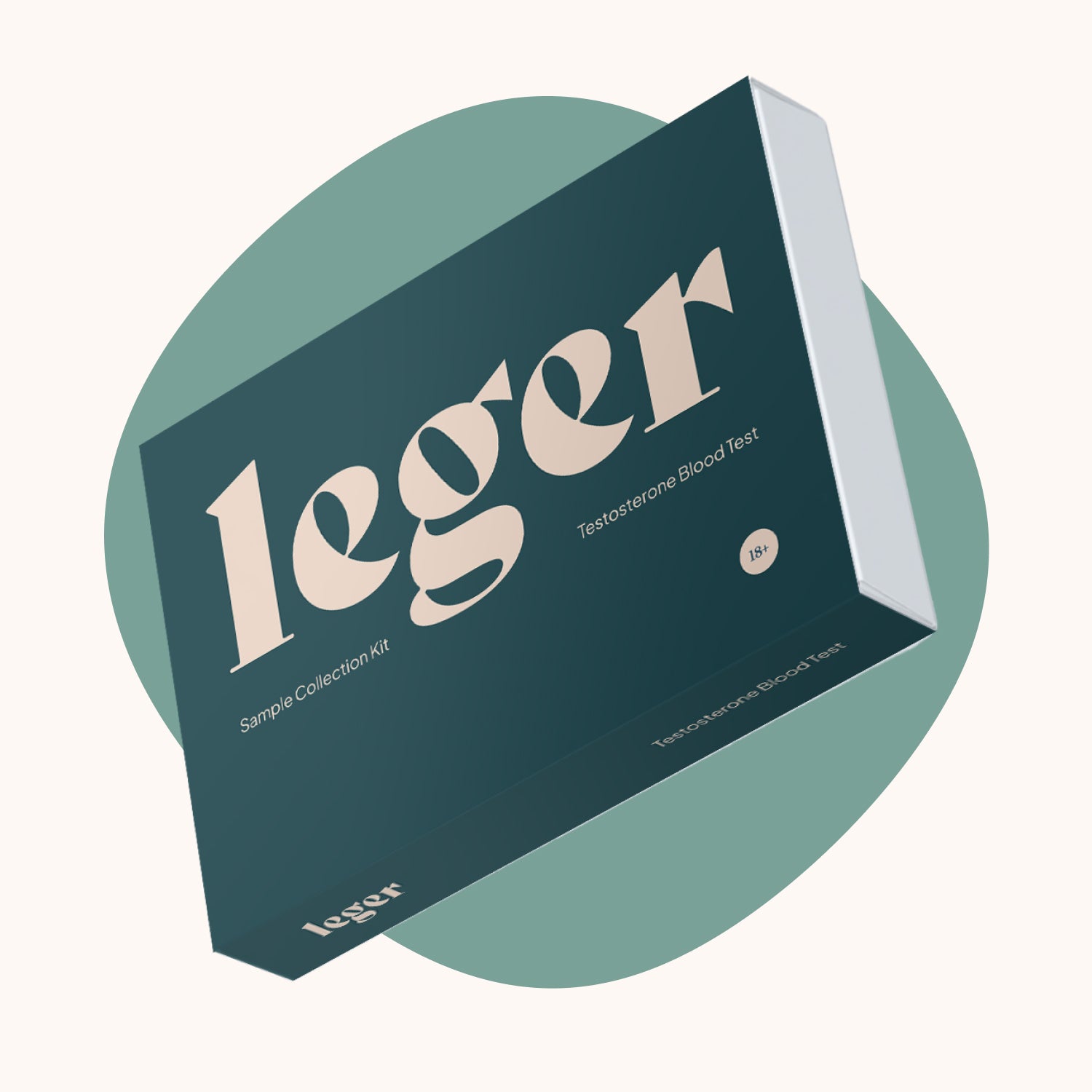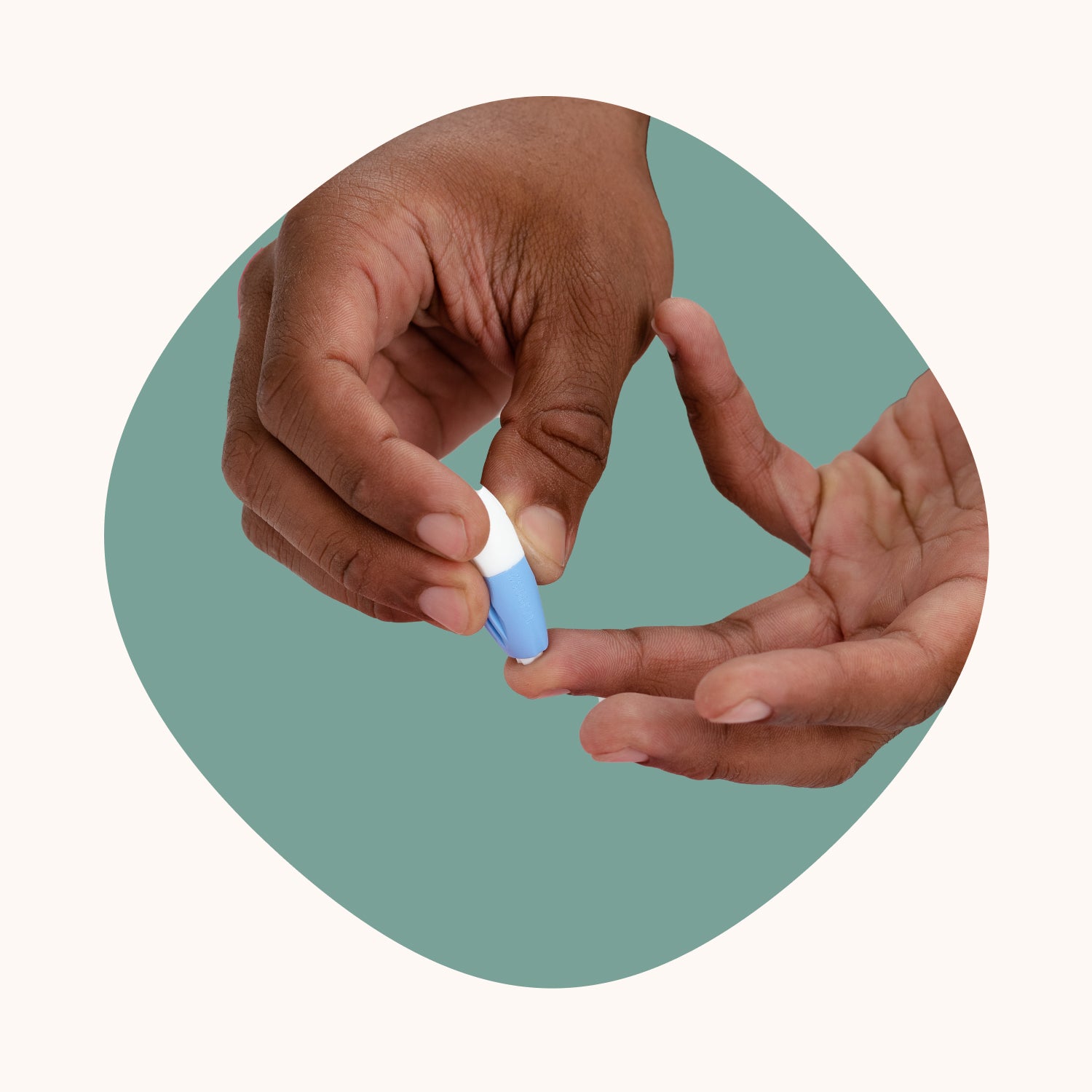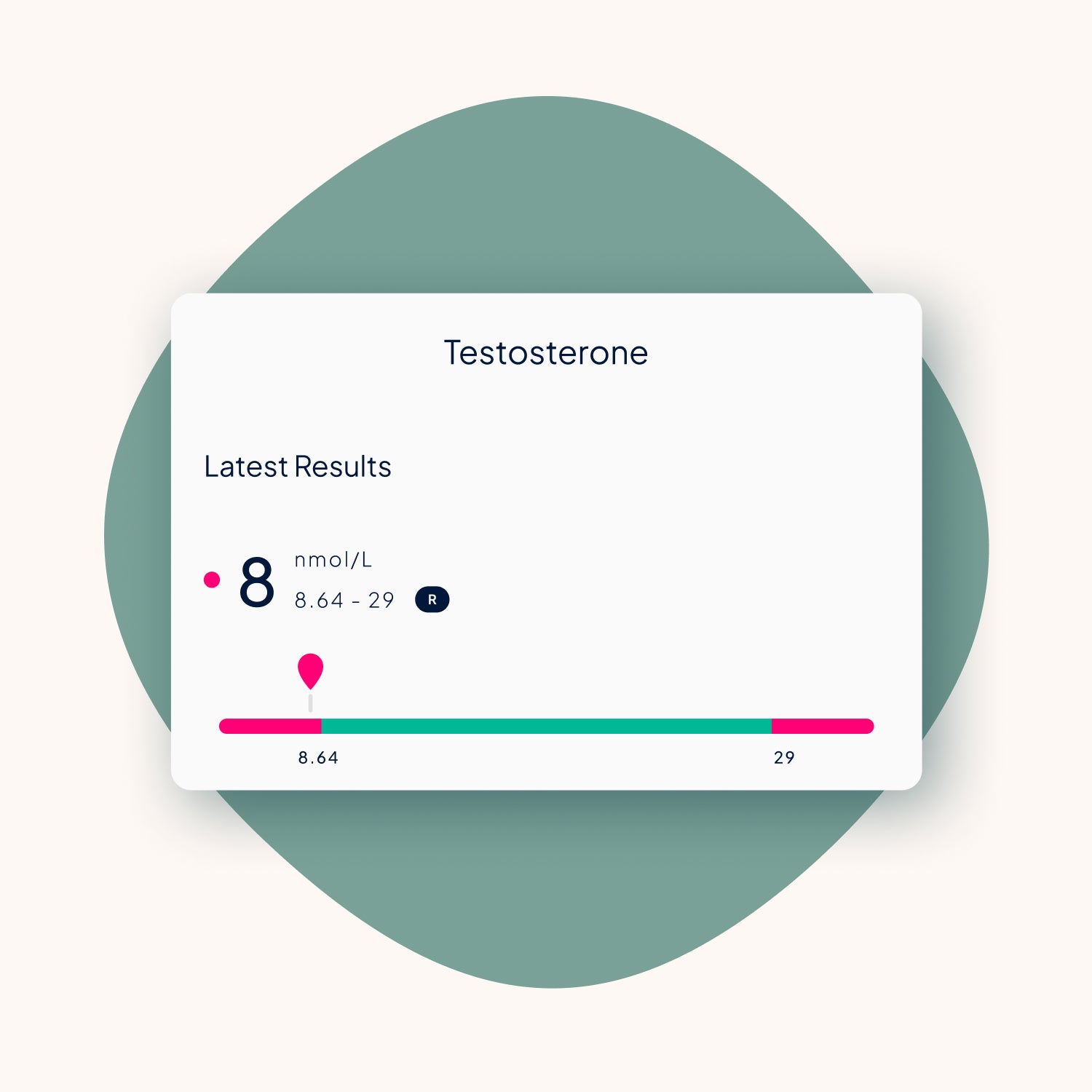
Dr James Greenwood
MBCHB, MRCGP
TRT Doctor
You’ve either heard about or are feeling the effects of low testosterone. You might be dealing with low mood, fatigue, brain fog, or a drop in sex drive. So, naturally, you’re looking into your options. Two things that keep coming up are testosterone replacement therapy (TRT) and steroids.
They might sound similar, but there’s a big difference between medically prescribed TRT and the anabolic androgenic steroids you hear about in gyms, online forums, or whispered conversations about performance enhancement.
- What is TRT?
- What are anabolic steroids?
- Is TRT the same as steroids?
- Is TRT legal in the UK?
- Is TRT healthy?
- What are the risks of steroid abuse?
- Is TRT right for me?
What is testosterone replacement therapy (TRT)?
TRT (testosterone replacement therapy) is a medically supervised treatment used to restore hormone levels in men with clinically low testosterone, also known as testosterone deficiency or hypogonadism.
It’s prescribed by a doctor, tailored to your needs, and closely monitored with regular blood tests. The aim is to bring your testosterone back to a level that supports your mental clarity, energy, bone density, muscle mass, and overall health, not to push you into extremes.
At Leger Clinic, TRT is about restoring what’s missing, not about chasing short-term fixes.
What are anabolic steroids and how are they used?
Anabolic steroids are synthetic versions of testosterone. They’re often used illegally to build muscle, increase strength, or enhance athletic performance. Unlike TRT, these are usually taken without medical supervision and in much higher doses.
People using steroids recreationally often stack different types, using them in cycles or continuously at high doses — a practice known as blasting and cruising. This form of steroid misuse comes with significant risks, especially when done without proper blood monitoring and medical oversight of liver function, blood pressure, or hormone levels.
TRT vs steroids: key differences
TRT is not the same as taking anabolic steroids. The key differences lie in intent, dosage, medical supervision, and legality.
TRT |
Steroids |
|
Prescribed by a doctor |
Often obtained illegally |
|
Used to treat clinically low testosterone |
Used to enhance performance or appearance |
|
Regular blood monitoring |
No medical oversight |
|
Legal and regulated in the UK |
Illegal to possess or use without a prescription |
|
Aims for normal testosterone levels |
Often pushes testosterone levels well above the natural range |
So, while both can lead to increased muscle mass or better energy levels, only one is about treating a genuine medical condition. The other often comes with side effects like high blood pressure, liver damage, or so-called roid rage.
Is TRT legal in the UK?
Yes, TRT is completely legal in the UK when prescribed by a qualified medical professional. It’s regulated like any other prescription medication. That means your doctor needs evidence (usually through blood tests and symptom review) that you have low testosterone before treatment can begin.
At Leger, we follow the latest national and international guidelines and only prescribe TRT when it’s safe, necessary, and in your best interest. We also monitor our patients’ testosterone levels on TRT and health markers to stay ahead of any potential negative side effects.
Is TRT safe and healthy?
When done right, TRT is safe and effective. But the key words here are done right. You need the right dose, regular blood tests, and a doctor who knows what to look for.
Medically supervised testosterone therapy can [1]:
- Boost energy and cognitive function
- Improve athletic performance and build muscle safely
- Support sex drive and mood
- Improve bone density and body composition
Four ways to help make TRT safe:
- Ongoing monitoring of hormone levels
- Reviewing symptoms
- Adjusting dose safely
- Monitoring for side effects
This is what separates clinical TRT from recreational steroid use.
TRT isn’t for everyone, and it’s not risk-free. That’s why an experienced clinician, like our team at Leger, should always manage it.
Risks of steroid abuse
Using anabolic steroids without medical guidance can lead to serious side effects, including:
- Heart disease
- Liver damage
- Infertility
- Aggression and mood swings
- Gynecomastia (breast tissue growth in men)
- Shrinking testicles
Long-term steroid users can have significantly increased risks of cardiovascular disease and early death compared to the general population [2].
In short, it’s not worth it.
Is TRT right for you?
TRT is about getting you back to your best, not pushing you beyond what’s natural. If you’re struggling with symptoms of low testosterone, speak to a specialist who understands the condition, the science, and what it means for your life.
Take our 30-second quiz to find out if you might have low testosterone. Alternatively, take a blood test – it's the only way to know whether your testosterone level is low or not.
There’s a world of difference between medically supervised TRT and underground steroid use. One is rooted in safety, evidence, and trust. The other, well… isn’t.
At Leger, we’ve been treating testosterone deficiency for over 20 years. Our clinicians are experts in their field, and we do things properly — with evidence, care, and trust at the core of everything we do.
Take the first step to find out if you're eligible for TRT with a Testosterone Blood Test. Or, if you're not sure where to get started, visit our get started on TRT quiz.
References
- Morales-Soto W, Gulbransen BD. Enteric Glia: A New Player in Abdominal Pain. Cell Mol Gastroenterol Hepatol. 2019;7(2):433-445. doi: 10.1016/j.jcmgh.2018.11.005. Epub 2018 Nov 24. PMID: 30739868; PMCID: PMC6369218.
- Langsted A, Madsen CM, Nordestgaard BG (Helvev Hospital, Herlev; Herlev and Gentofte Hospital, Copenhagen University Hospital; University of Copenhagen, Copenhagen, Denmark). Contribution of remnant cholesterol to cardiovascular risk (Original). J Intern Med; 2020; 288: 116–127. https://doi.org/10.1111/joim.13059





Share:
Oestrogen and TRT: Should you be concerned about high oestrogen levels?
Signs and symptoms of low testosterone